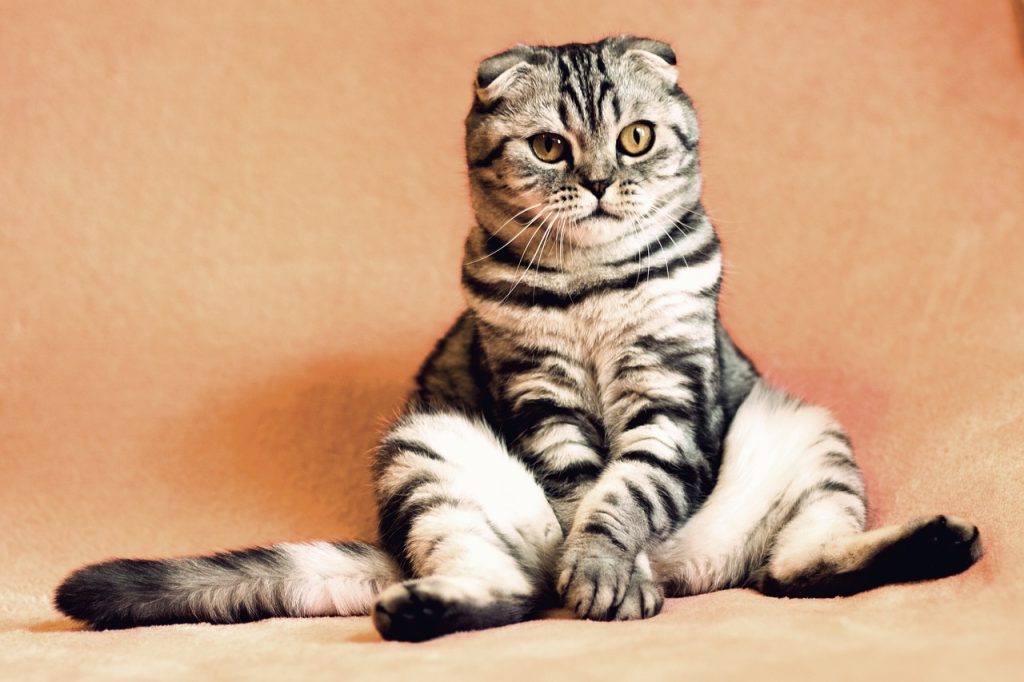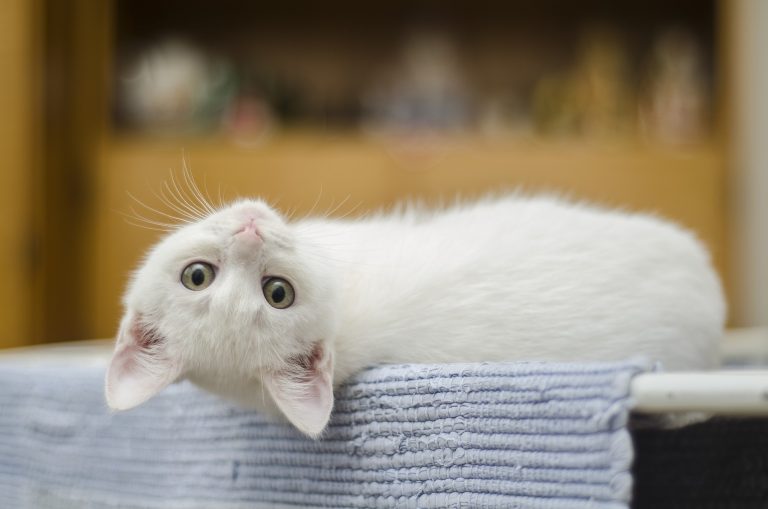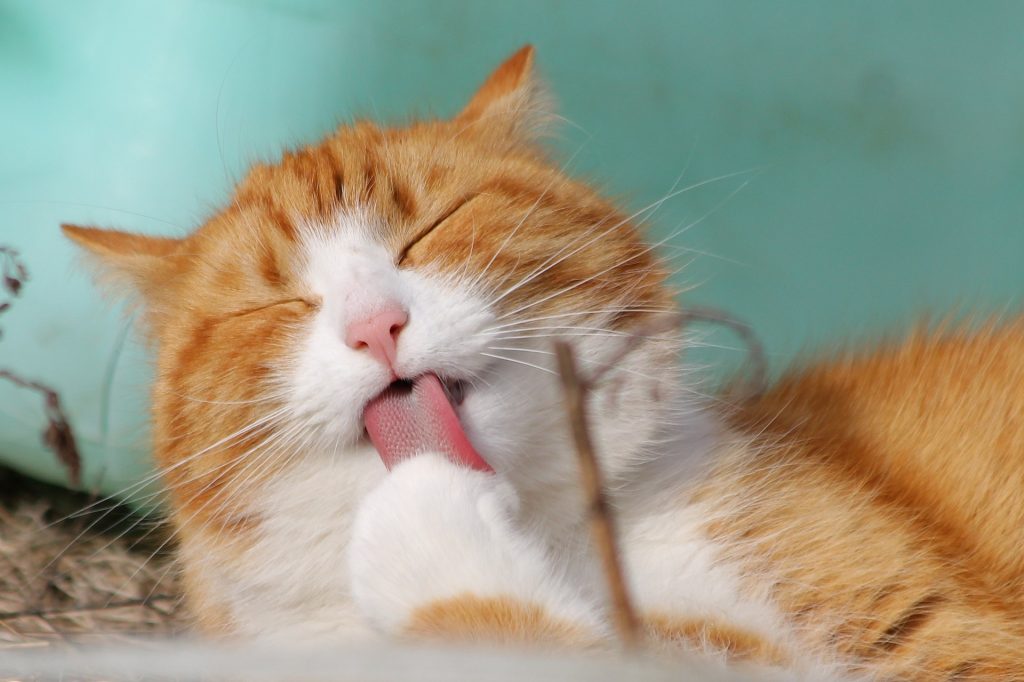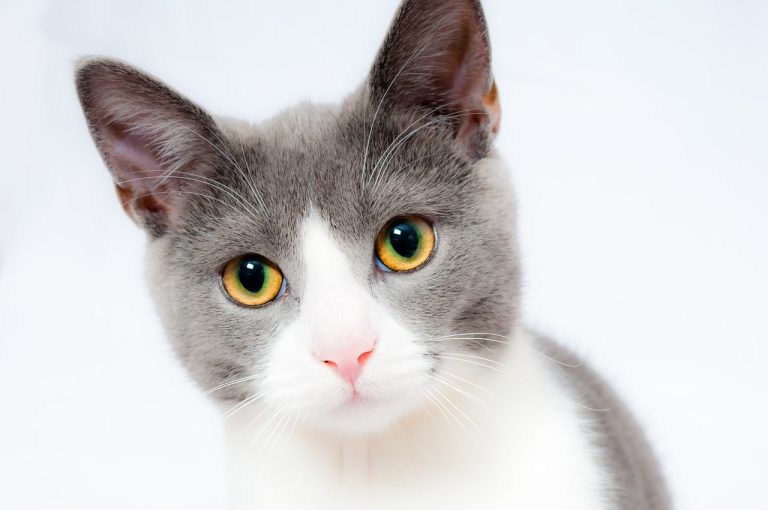- Low level of phosphorus to help slow down the progression of kidney disease.
- Restricted but high quality proteins to help minimise loss of muscle and reduce the build-up of toxins in the body.
- Easy on stomach
- Omega-3 fatty acids help to maximise the natural anti-inflammatory processes and reduce blood pressure inside the kidney.
Editor Choice!




